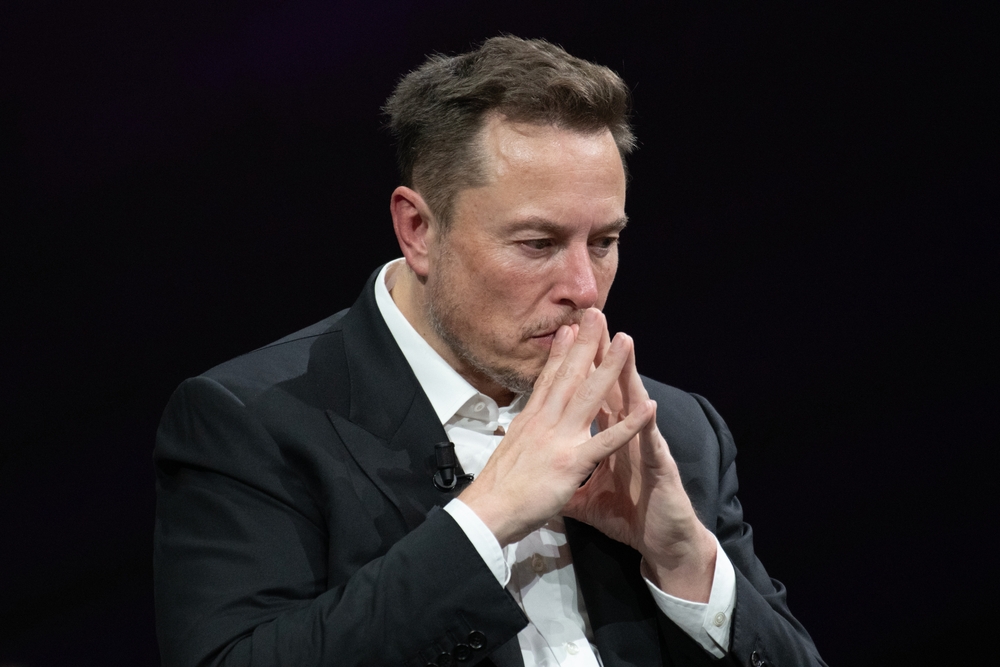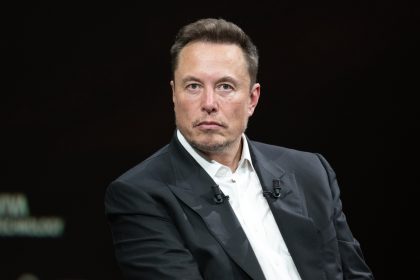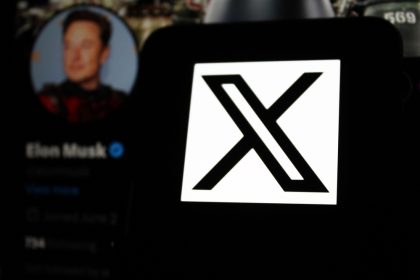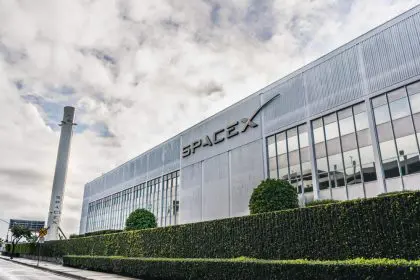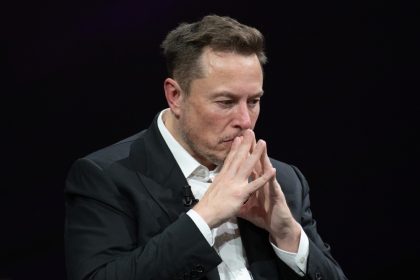South Africa has made an exceptional regulatory decision allowing Elon Musk’s Starlink satellite internet service to operate without meeting the country’s post-apartheid Black ownership requirements. This unusual exemption comes during a period of strained relations between South Africa and the United States, highlighting the complex intersection of business, politics, and historical context.
Understanding the 30% ownership requirement
South African regulations typically require a minimum 30% Black ownership stake for businesses operating in certain sectors, including information and communication technology. This requirement stems from post-apartheid policies designed to increase economic participation among previously disadvantaged populations.
According to information reported by Bloomberg, Musk had previously been unable to secure a license for Starlink due to these ownership regulations. The South African-born billionaire had publicly characterized these laws as discriminatory, arguing they prevented him from bringing his satellite internet service to the country based on racial considerations.
Political context surrounding the decision
The timing of this regulatory exception coincides with diplomatic exchanges between South African President Cyril Ramaphosa and former US President Donald Trump. Some financial analysts have interpreted the Starlink exception as a potential diplomatic gesture ahead of these high-level discussions.
Phoenix Kalen, who heads emerging-market research at Societe Generale SA, suggested the regulatory workaround might signal positive movement in the bilateral relationship. However, subsequent events have indicated that tensions remain significant between the two nations.
Disputed narratives about South African farm violence
The diplomatic meetings between South African and US officials have been complicated by disagreements over the characterization of crime in South Africa. During an Oval Office meeting, claims were presented regarding violence specifically targeting white farmers in South Africa.
This narrative has been disputed by South African officials, who maintain that criminal violence affects citizens of all races throughout the country. President Ramaphosa emphasized that crime statistics do not support claims of racially targeted violence against any specific group.
3 factors influencing the Starlink decision
Several key elements appear to have contributed to this unprecedented regulatory exception:
- Strategic economic interests in expanding high-speed internet access across South Africa
- Diplomatic considerations amid complex international relations
- Musk’s unique position as both a South African-born business leader and influential figure in US technology circles
Media influence and information challenges
The discussions surrounding South Africa’s socio-political landscape have been shaped by various media narratives. Historical anti-apartheid slogans have sometimes been misinterpreted or presented without proper context in international discussions.
South African officials have expressed concern about oversimplified or sensationalized representations of complex social issues. The phrase “kill the Boer,” referenced in some discussions, originated as an anti-apartheid protest chant rather than a literal call for violence against farmers.
Impact on US South Africa relations
Bilateral relations have faced additional challenges with the reduction of US assistance to South Africa and policies welcoming South African farmers as refugees. These measures reflect divergent perspectives on South Africa’s current social and political reality.
Despite these tensions, South African leadership has expressed interest in technological collaboration to address legitimate security concerns. President Ramaphosa’s delegation included prominent South African figures such as professional golfers Ernie Els and Retief Goosen, symbolizing a desire to maintain positive cultural connections.
Future implications for technology investment
The exception granted to Starlink raises questions about the future application of Black ownership requirements for other international technology companies seeking to enter the South African market. Industry observers will watch closely to see if this represents a one-time exception or signals a potential shift in regulatory approach.
For South African internet users, particularly those in rural or underserved areas, the arrival of Starlink’s satellite internet service could significantly impact connectivity options. The technology promises to deliver high-speed internet to locations where traditional infrastructure development has been challenging.
As this situation continues to develop, the intersection of technology access, historical equity considerations, and international relations illustrates the complex landscape facing both South African policymakers and international business leaders. The precedent set by this regulatory exception may influence future discussions about balancing economic development with post-apartheid transformation goals.

